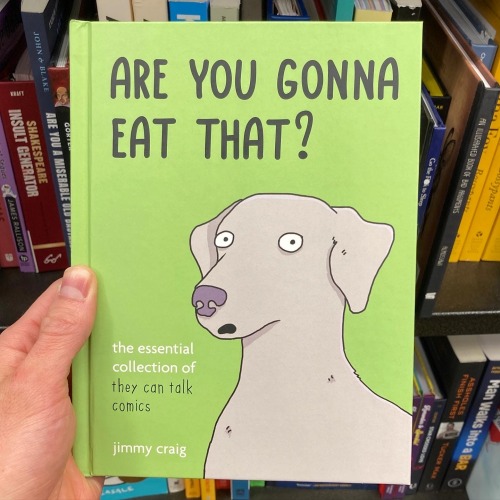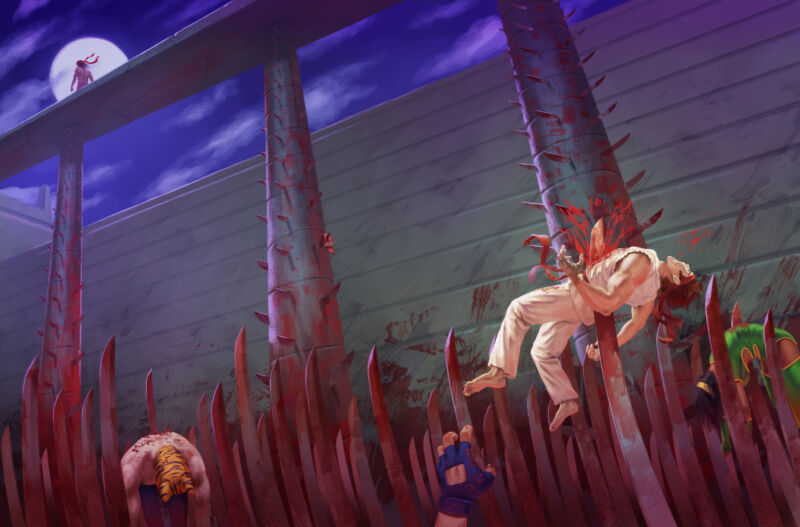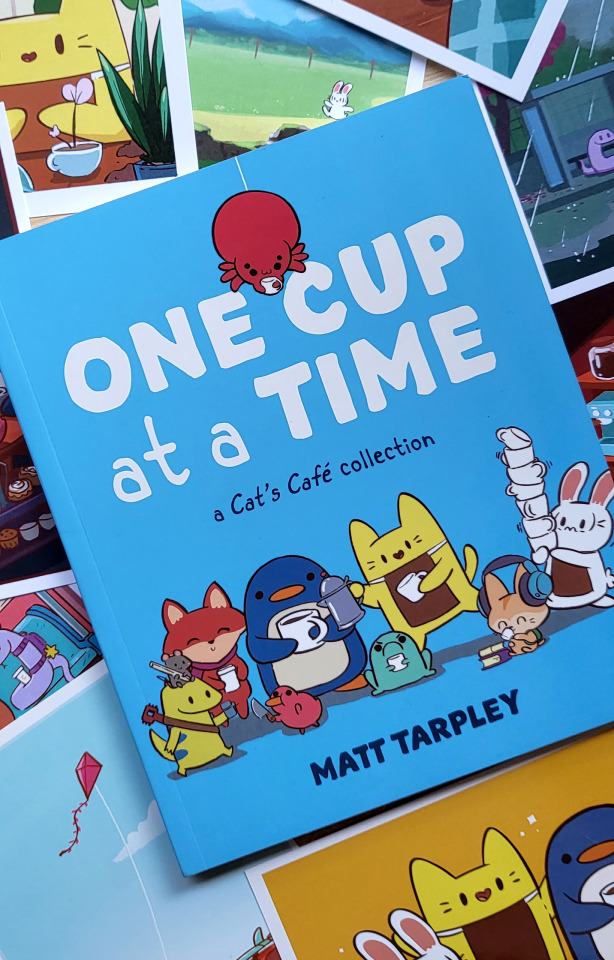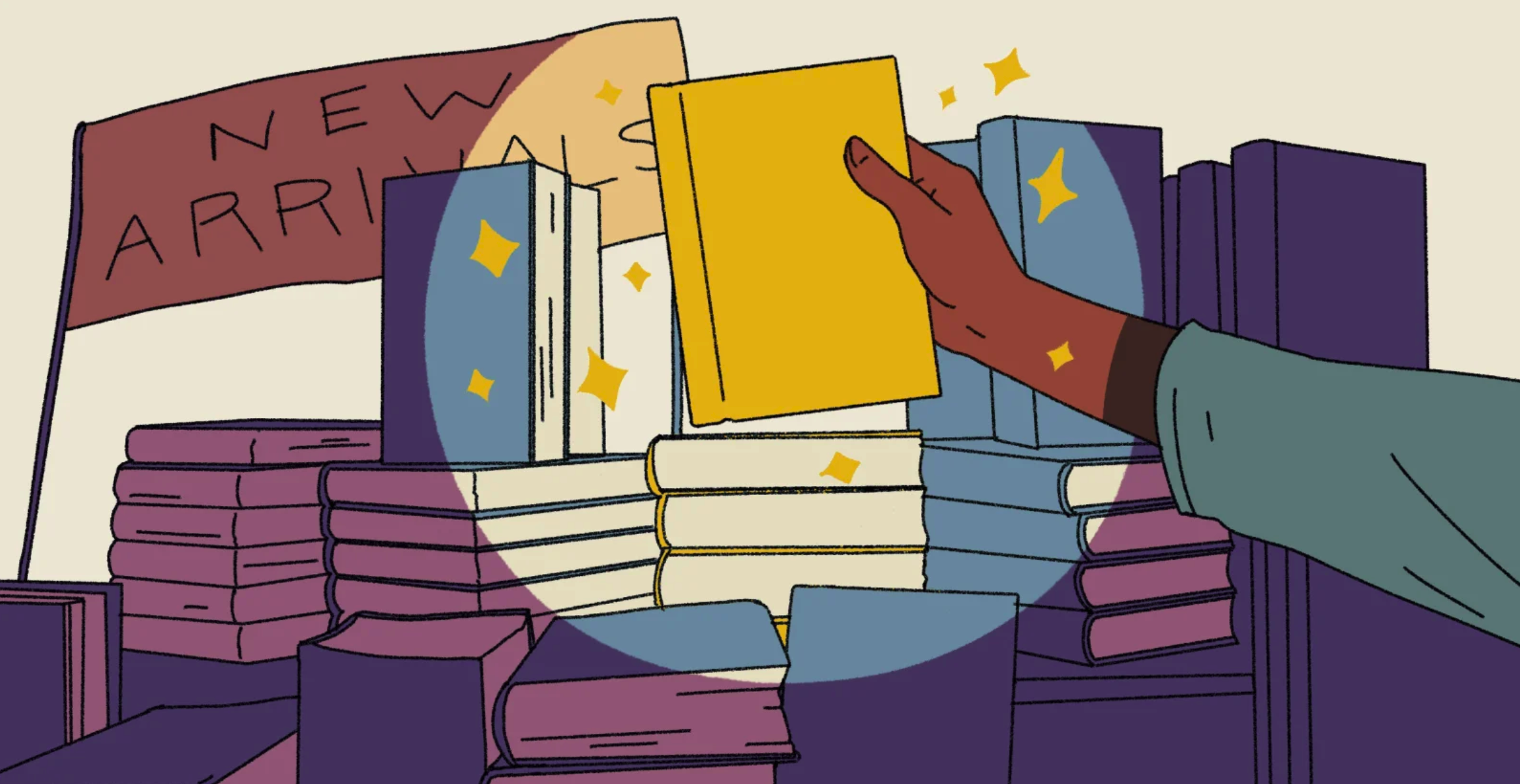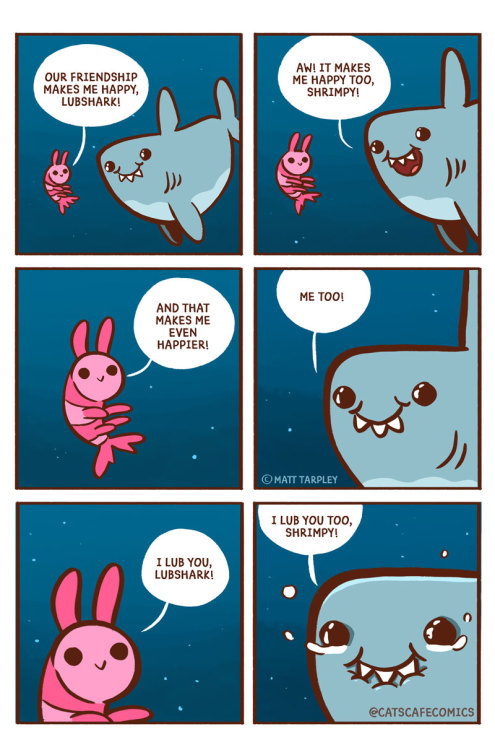Many of us dream of writing a book one day, but it’s a long road from coming up with an idea to autographing first editions for your fans (or even just your family members). So how do you make that happen? No two writers’ journeys to publication are the same, but most follow the same general path.
Though you’ll encounter many obstacles along the way, here is the basic process of writing a book and getting it published — from its earliest conception to the day you lovingly stroke its spine as it sits on the shelf of your local bookseller (provided you get extremely lucky). There’s a lot more too it than this — entire websites (a lot of websites) exist just to outline the many, many steps involved — but this will give you a simplified overview. (Step one:
Don’t quit your day job.
)
Note:
This post assumes you want to go the route of traditional publishing.
Self-publishing is an entirely different challenge
, with its own unique risks and rewards.
Different approaches for nonfiction and fiction
If you’re planning to write a novel, expect to draft an entire manuscript before even considering getting an agent, let alone a book deal (this is also true of memoirs). Agents typically want to see the book as a “finished” project before they decide to work with you. If the manuscript is promising, an agent will work with you to revise it and make it presentable to editors at various potential publishing houses. After your manuscript is accepted by a publisher, the real editing process begins.
If you’re writing a work of nonfiction that will likely require some level of research — whether interviews, sleuthing through archives, or reporting out a story piece by piece — you will instead likely submit a project proposal and an outline to an agent. As the writer and publishing expert
Jane Friedman writes
, your proposal is basically a business plan that explains why a publisher should invest time and money in your project:
Rather than completing a manuscript, you should write a book proposal — like a business plan for your book — that will convince a publisher to contract and pay you to write the book.
That’s only part of the business side of getting a book to press. Before that, however, you have to write it — and build a network.
At the beginning, build a writer’s network
If you’re looking to take your passion for writing from hobby to professional trade, it’s a good idea to join a writer’s group. This is especially practical for anyone looking to write fiction. A writer’s group will help you workshop your story and receive feedback about what’s working and what isn’t, and insight into how you might address those issue. Moreover, your group can provide professional resources, from connections to agents and intel on which publishers or editors are looking for books like yours. While an agent and editor will dissect your book to make it as marketable and publishable as possible, a group of peers will help you shape the content into a project you’re proud of.
If you’re just starting out, consider taking a class. Writing a book is an onerous task. It’s not easy to sit down by yourself to write, every day for weeks or months on end, and come away with a clean draft without a little help. There are a ton of resources at your disposal to help you out here, from the
Gotham Writer’s Workshop
(which is based in New York but offers online classes) to a variety of classes on
Course Horse
or
MasterClass
(which features prerecorded courses with a host of published authors the likes of James Patterson, Margaret Atwood, and Neil Gaiman).
Immerse yourself in the publishing world
Especially if you’re writing fiction (though it’s certainly useful for nonfiction writers as well), you’ll want to familiarise yourself with the corner of the publishing world in which your project best fits. Search out other books similar to the one you envision yourself writing. (In industry parlance, these are called comp titles — “comp” being short for comparable.) Perform a little intel-gathering to see who wrote the books similar to yours, and what kind of critical reception they received. Figured out which agents like to work with authors writing in your genre, and build a list of “dream publishers” you’d like to work with. It’s important to get a sense of how similar books fared in the marketplace to understand whether or not your project will whither and die on the vine; book publishing is a business, after all, and publishers are only interested in unleashing a product into the world if it fits their business model and seems financially viable.
Consider subscribing to Publishers Weekly and/or Publishers Marketplace. Both outlets are crammed full of industry tidbits concerning which house is publishing which author, and what editor is acquiring the hot new titles primed to compete for coveted space on the New York Times Best Sellers List.
Find an agent
This follows on from the previous section, as pitching an agent requires an immense amount of publishing research. If you want to get published, you’re going to have to find an agent, which will require fierce dedication to Googling. You should compile about fifty agents’ contact details and ideally put them all into a big spreadsheet. You want to make sure your agent is capable and reputable, because they will be your advocate with publishers — you’ll count on them to advise you on the detail of any contracts that come your way, and weed out offers from publishers that might not be on the up-and-up.
After you’ve built a list of agents you’d like to work with, craft a query letter describing your book or project, which is basically the sole chance you have of convincing an agent that your life’s most cherished work is worth a damn.
Here’s a little more on what a query letter involves,
per NY Book Editors.
A query letter is a one-page letter sent to literary agents in an effort to get them excited about your book. You have one page and 300 words (or less) to woo a literary agent into falling in love with your story and then requesting your manuscript.
This letter is short, sweet, and definitely to the point.
Your mission, if you choose to accept it, is to squeeze the essence of your 80,000+ word book into approximately 300 words. Talk about mission impossible!
Just know that you will face tons of rejection from agents you reach out to. Agents are regularly inundated with queries from aspiring novelists, so it might take a while before your project lands on someone’s desk and captures their attention. But once your letter captivates an agent, you’ll have a strong and well-connected advocate in your corner, who’ll then help you tweak your manuscript before sending it out to editors — at which point you’ll likely face many more rejections. Some books are passed over by dozens of publishers before they find a home. There’s also a chance you’ll have to “trunk” your project altogether and work on something else — but if you already have an agent, they can help you zero in on an idea that will be more likely to find success.
Cinderella stories aside, few people land on the bestseller lists with the first book they finish. There are no sure things in the industry — except for the fact that you’ll never get published if you don’t do the work.
The post
A Beginner’s Guide to Getting Your Book Published
appeared first on
Lifehacker Australia
.

chevron_right

